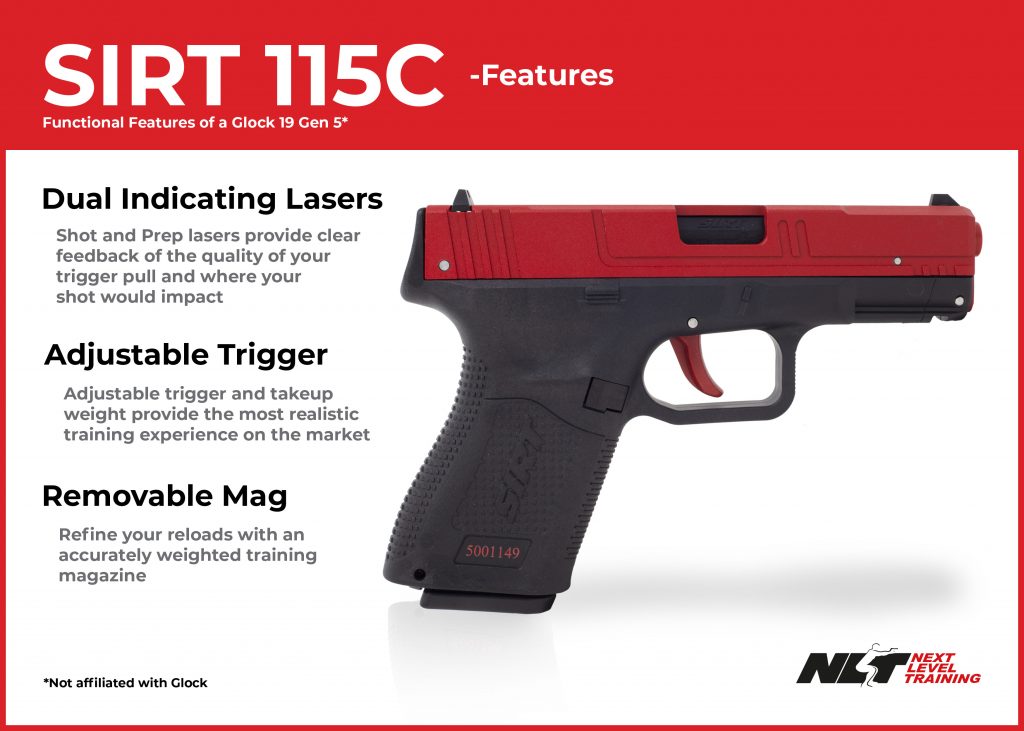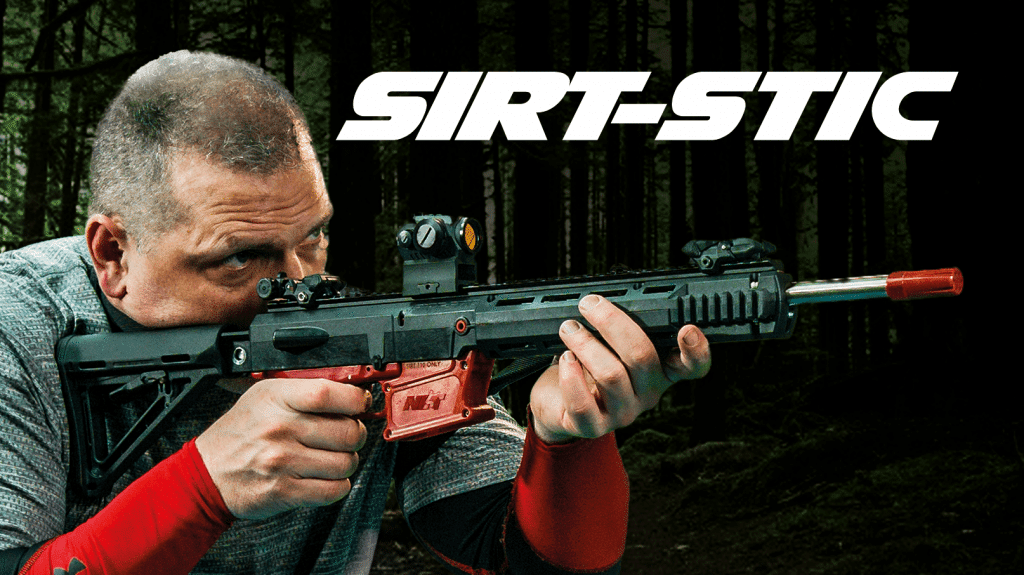There is training, instruction and coaching. “Coaching” is an area which requires more emphasis and attention in firearms community. Coaching requires understanding the goal, identify deficiencies, be able to look at the root cause of the deficiencies, look at the details, the big picture… All of the variables and come up with a workable solution for the student. A coaching point or otherwise referred to as a coaching cue whether it be verbal, tactile or some other form of stimulus is utilized by the student to elicit a corrective response.
We can use various tools such as smart phones on and off the range to record and instantly review to look for various deficiencies. It’s important to look at the details very close up and the big picture. The video above goes into detail in one scenario, but this is just one example of a methodology of diagnosing issues with a shooter and setting her on a glide path for mastery.
Always abide by safe practices when handling a firearm and follow the four fundamental rules for treat the first as it is loaded, keep your finger off the trigger until ready to shoot, only point of what you’re willing to destroy and be aware of your target and what’s behind it. Even when training with a SIRT Training Pistol, treat it like a live firearm unless you’re specifically set up for force on force training with proper complete safety protocols.
Whether you’re a recreational shooter or professional instructor, this video can provide some insights on a methodology of diagnosing A shooter or even diagnosing yourself to improve your performance.
Table of Contents of Video
Chapter links will open in a new tab directly on YouTube
00:00 – Intro
00:15 – Mechanical Issue
00:29 – Cause of Malfunction Description
01:14 – The Shooter’s Body
01:58 – First Analysis with SIRT and Simulated Recoil
02:36 – Fixing Grip with Support Hand Engagement
04:08 – Second Issue-Wrist Locking
06:38 – Rolling Elbows to Lock Wrists
07:20 – Identifying a Stache Deficiency
10:13 – Locking in the Mechanics
11:57 – Go From Here

